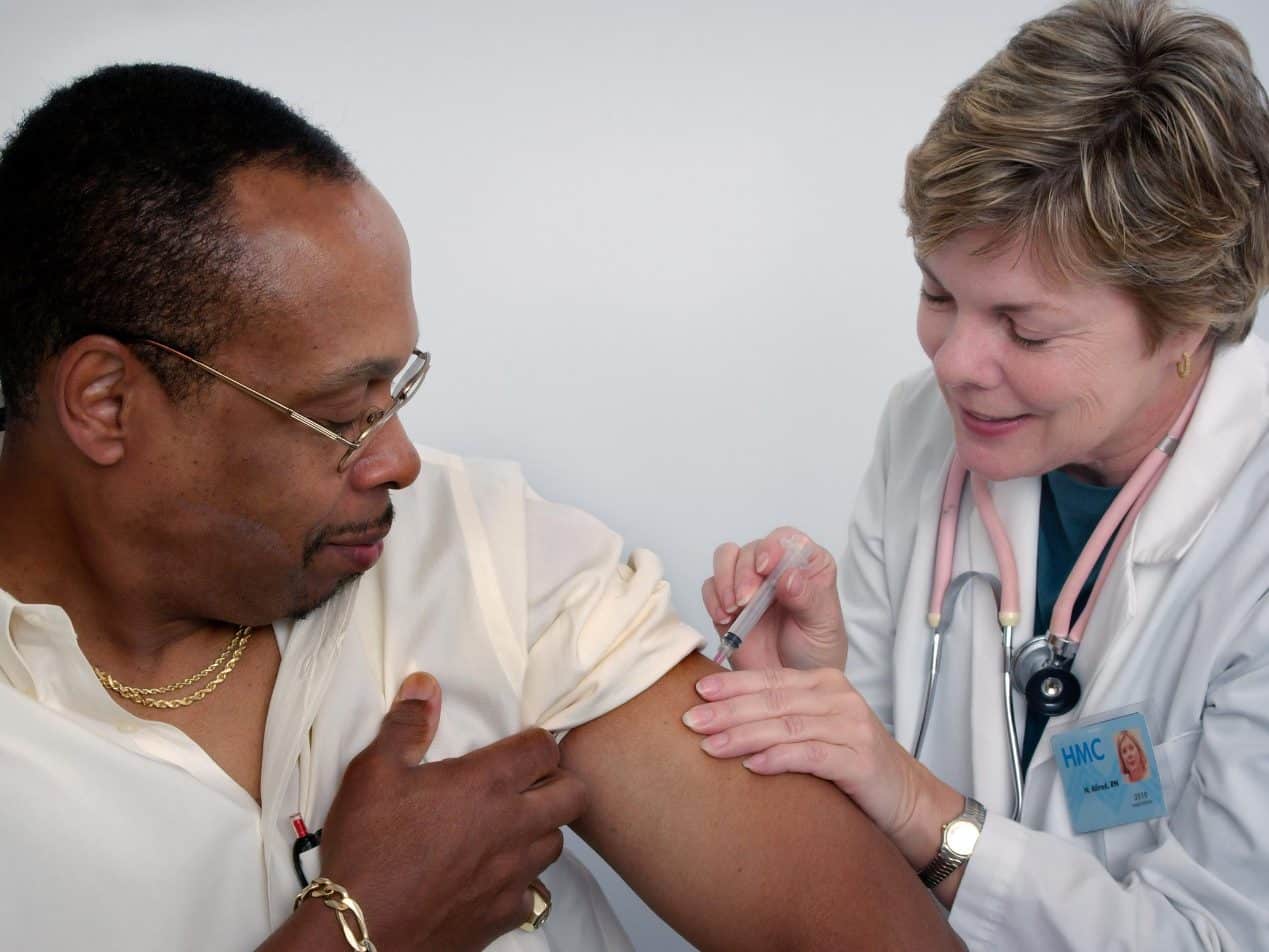3 min read
Should I wear a mask? Let patients know how to keep themselves safe
Chloe Bowen July 14, 2020

Masks or face coverings, and whether to wear them in public during the coronavirus pandemic, has become one of the biggest points of contention during the ongoing coronavirus health crisis in the United States. So should I wear a mask or not? Some think the debate was sparked by a lack of consensus on masks early on and constantly changing advice about whether or not masks are effective or necessary. However, health officials across the world have now come to a consensus advocating for the use of masks or face coverings, and more and more US government officials are mandating masks in public. Proactive healthcare providers can take the initiative to be vocal about the issue, debunking any circulating myths and sharing the current official advice about how best people can protect themselves and others.
Advised against wearing masks at first
Early in this pandemic, scientists didn't know how easily this virus spreads between people without symptoms or how long infectious particles linger in the air. Now we know that COVID-19 spreads mainly from person to person through respiratory droplets produced when an infected person coughs, sneezes, talks, or raises their voice. At the beginning of the pandemic, there was also a shortage of N95 respirators and face masks for healthcare workers. Initially, major health agencies like the Centers for Disease Control and Prevention (CDC) and the World Health Organization (WHO) staunchly advised against healthy Americans using masks, mainly to reserve personal protective gear (PPE) for those in the medical community on the front lines. US Surgeon General Jerome Adams even posted a tweet on February 29th urging people not to buy masks. However, since then the official advice has changed significantly.
Current guidelines
How wearing a mask helps
Do masks actually save lives?
An estimated 230,000 to 450,000 COVID-19 cases were prevented between April 8th and May 15th in the states that enacted mask requirements, researchers from the University of Iowa found in their recent research. If 95% of Americans wore face masks in public, it could prevent 33,000 deaths by October 1st, according to the University of Washington's Institute for Health Metrics and Evaluation.Let patients know the importance of mask-wearing
Wearing a mask to prevent disease transmission is just one more tool to slow disease transmission and prevent COVID-19 cases from peaking in communities all at once. Yet the public discourse in the US around using them has been confusing to say the least. As a healthcare practitioner, you are in a position of authority to help people sift through the noise and get to the bottom of the issue. One of the easiest and most effective ways that you can get the word out is by using a HIPAA compliant email marketing solution such as Paubox Marketing. Our product allows you to communicate with patients en masse about the evolving coronavirus landscape, changes to your practice, and the most up-to-date healthcare guidelines, such as mask-wearing.
SEE ALSO: Healthcare Email Marketing Use Cases
Your marketing emails are delivered directly to your recipients' email boxes—no password or portal required. Paubox Marketing makes it possible for you to share the correct information about how we can all protect ourselves and others during this challenging time.
Subscribe to Paubox Weekly
Every Friday we'll bring you the most important news from Paubox. Our aim is to make you smarter, faster.





